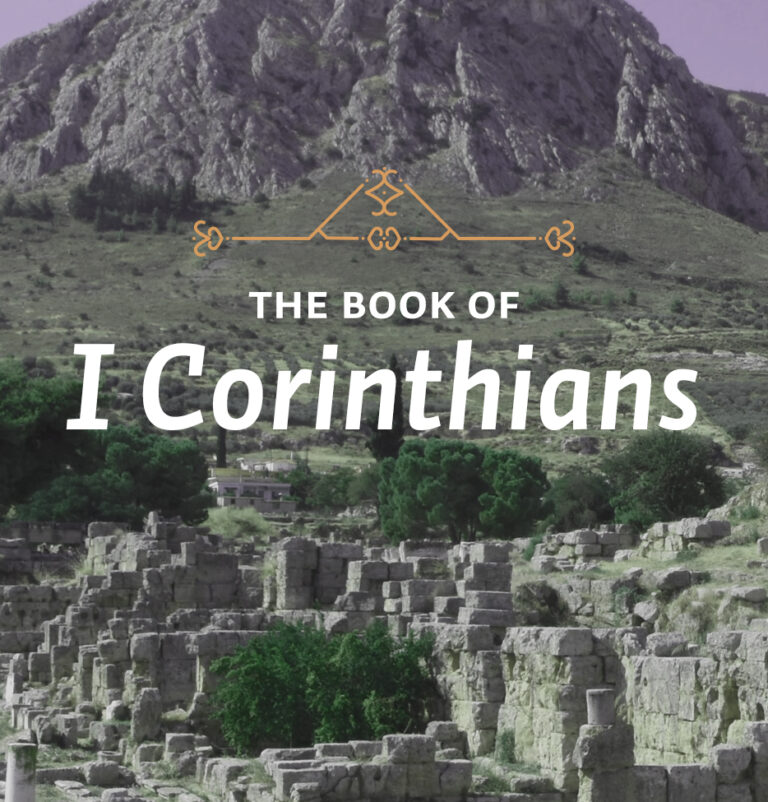





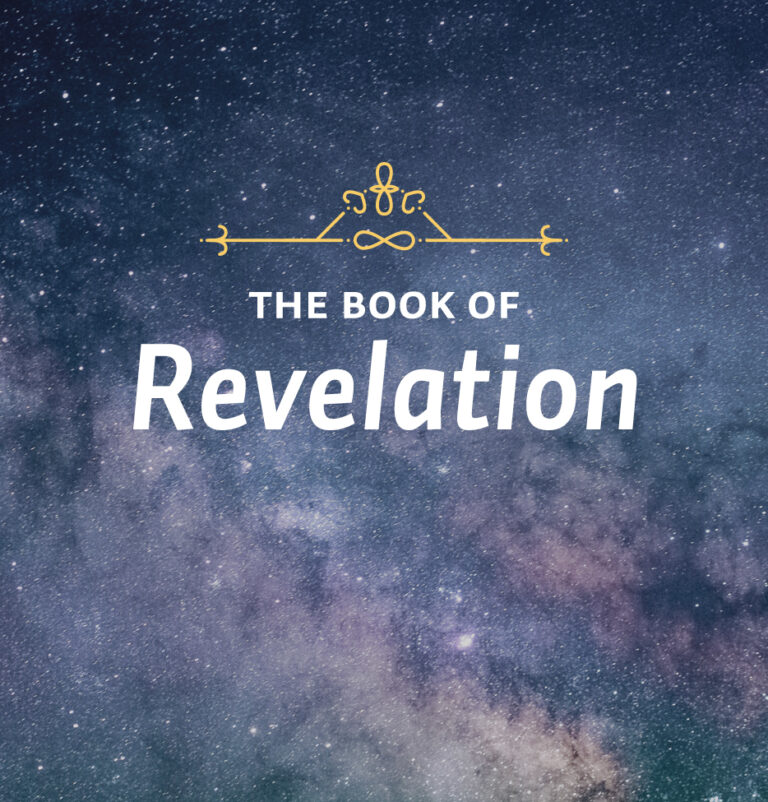
How Worship Should Be DoneRevelation 4:1-8Theme: Reverence for holiness.This week’s lessons teach us the appropriate way to approach the Almighty. Lesson

How Worship Should Be DoneRevelation 4:1-8Theme: Reverence for holiness.This week’s lessons teach us the appropriate way to approach the Almighty. Lesson
How Worship Should Be DoneRevelation 4:1-8Theme: Reverence for holiness.This week’s lessons teach us the appropriate way to approach the Almighty. Lesson

How Worship Should Be DoneRevelation 4:1-8Theme: Reverence for holiness.This week’s lessons teach us the appropriate way to approach the Almighty. Lesson

How Worship Should Be DoneRevelation 4:1-8Theme: Reverence for holiness.This week’s lessons teach us the appropriate way to approach the Almighty. Lesson

The Worship of the EldersRevelation 4:9-11Theme: The worthiness of God.This week’s lessons remind us that our God is worthy of our praise.
Lesson

The Worship of the EldersRevelation 4:9-11Theme: The worthiness of God.This week’s lessons remind us that our God is worthy of our praise.
Lesson

The Worship of the EldersRevelation 4:9-11Theme: The worthiness of God.This week’s lessons remind us that our God is worthy of our praise.
Lesson

The Worship of the EldersRevelation 4:9-11Theme: The worthiness of God.This week’s lessons remind us that our God is worthy of our praise.
Lesson

The Worship of the EldersRevelation 4:9-11Theme: The worthiness of God.This week’s lessons remind us that our God is worthy of our praise.
Lesson
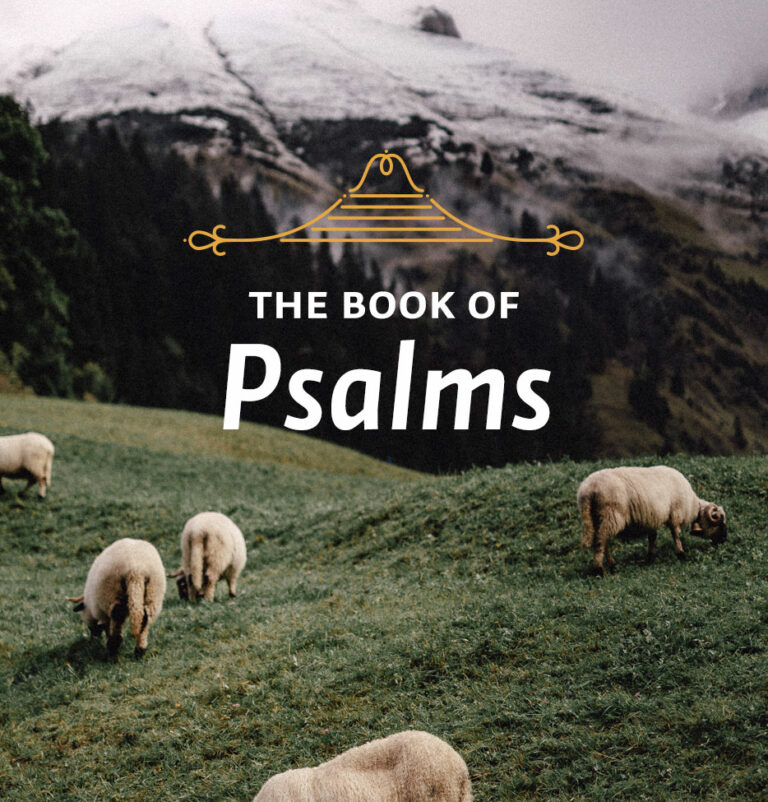
Theme: A Call to Worship
In this week’s lessons the psalmist teaches us how and why we are to praise the Lord.
Scripture: Psalm 33:1-22

Theme: God’s Word and Works
In this week’s lessons the psalmist teaches us how and why we are to praise the Lord.
Scripture: Psalm 33:1-22

Theme: Creation and Providence
In this week’s lessons the psalmist teaches us how and why we are to praise the Lord.
Scripture: Psalm 33:1-22
The next stanza contains two subjects that are closely related: creation and providence. Both are examples of the way the word and the works of God go together.

Theme: Whose God is the Lord
In this week’s lessons the psalmist teaches us how and why we are to praise the Lord.
Scripture: Psalm 33:1-22
Having spoken of God’s providence in thwarting the contrary and hostile plans of the surrounding nations and of firmly establishing his own good purposes for his people, the writer naturally turns to God’s special care of these people, which is what the next stanza (vv. 12-19) explicitly describes.

Theme: Hope in the Lord
In this week’s lessons the psalmist teaches us how and why we are to praise the Lord.
Scripture: Psalm 33:1-22
Yesterday we said that the first category of God’s blessings is God’s watchfulness over us. Today we look at the other two categories.
2. God’s protection. The second blessing in these verses is that God protects his people, foiling the plans of their enemies and turning back their enemies’ attempts to harm them.

Theme: A Psalm for Hard Times
This week’s lessons teach us of the need to praise and trust the Lord for his deliverance in the midst of difficult experiences.
Scripture: Psalm 34:1-22

Theme: An Invitation to Praise
This week’s lessons teach us of the need to praise and trust the Lord for his deliverance in the midst of difficult experiences.
Scripture: Psalm 34:1-22

Theme: David’s Own Testimony
This week’s lessons teach us of the need to praise and trust the Lord for his deliverance in the midst of difficult experiences.
Scripture: Psalm 34:1-22

Theme: Taste and See That the Lord Is Good
This week’s lessons teach us of the need to praise and trust the Lord for his deliverance in the midst of difficult experiences.
Scripture: Psalm 34:1-22

Theme: A Fitting Summary
This week’s lessons teach us of the need to praise and trust the Lord for his deliverance in the midst of difficult experiences.
Scripture: Psalm 34:1-22

Theme: “A Mighty Fortress Is Our God”
In this week’s lessons on Psalm 46, on which Luther’s great hymn is based, we are reminded that our complete confidence and trust rests in the Lord, who promises to be with his people forever.
Scripture: Psalm 46:1-11

Theme: “His Kingdom Is Forever”
In this week’s lessons on Psalm 46, on which Luther’s great hymn is based, we are reminded that our complete confidence and trust rests in the Lord, who promises to be with his people forever.
Scripture: Psalm 46:1-11
Verse 1 looks to God for two kinds of help, indicating that he is: 1) a stronghold into which we can flee; and 2) a source of inner strength by which we can face calamities.

Theme: The Context of Psalm 46
In this week’s lessons on Psalm 46, on which Luther’s great hymn is based, we are reminded that our complete confidence and trust rests in the Lord, who promises to be with his people forever.
Scripture: Psalm 46:1-11
Yesterday we said that God’s city has two points of reference. The first is to the earthly city of Jerusalem, and the second is to the safety of God’s people throughout history, culminating in the new Jerusalem, which is a symbol of heaven.

Theme: “Above All Earthly Pow’rs”
In this week’s lessons on Psalm 46, on which Luther’s great hymn is based, we are reminded that our complete confidence and trust rests in the Lord, who promises to be with his people forever.
Scripture: Psalm 46:1-11

Theme: “Lord Sabaoth His Name”
In this week’s lessons on Psalm 46, on which Luther’s great hymn is based, we are reminded that our complete confidence and trust rests in the Lord, who promises to be with his people forever.
Scripture: Psalm 46:1-11

Theme: In Praise of God
From this week’s lessons we learn that this Song of Zion is fundamentally a song of praise to God, who watches over his people in all times and forever.
Scripture: Psalm 48:1-14
We are used to symbolism in poetry, and it would be hard to find a psalm that did not employ much of it. But sometimes we come to a psalm that exceeds the others in the sense that its very theme is symbolic. Psalm 48 is such a psalm.

Theme: In Praise of Zion
From this week’s lessons we learn that this Song of Zion is fundamentally a song of praise to God, who watches over his people in all times and forever.
Scripture: Psalm 48:1-14
After the opening couplet in praise of God, which sets the tone for the psalm, the psalmist praises God’s city itself. The first part of this praise is in verses 2-8. It has three sections.

Theme: Rejoicing in God
From this week’s lessons we learn that this Song of Zion is fundamentally a song of praise to God, who watches over his people in all times and forever.
Scripture: Psalm 48:1-14

Theme: Rejoicing in Zion
From this week’s lessons we learn that this Song of Zion is fundamentally a song of praise to God, who watches over his people in all times and forever.
Scripture: Psalm 48:1-14

Theme: A Closing Couplet
From this week’s lessons we learn that this Song of Zion is fundamentally a song of praise to God, who watches over his people in all times and forever.
Scripture: Psalm 48:1-14

Theme: Singing and Praise
From this week’s lessons we see that Psalm 66 tells us to praise the Lord and gives us an example of one who is doing just that.
Scripture: Psalm 66:1-20
Pursuing an entirely different line of thought at this point, it is also worth reflecting on what the opening verses of this psalm say about singing, praise and thanksgiving, and about their relationships.

Theme: The Need to Worship God Rightly
In this week’s lessons, Psalm 81 serves as a warning to take care that our worship is of the true God, and in the right way.
Scripture: Psalm 81:1-16

Theme: The Very Heart of This Psalm
In this week’s lessons, Psalm 81 serves as a warning to take care that our worship is of the true God, and in the right way.
Scripture: Psalm 81:1-16

Theme: No Other Gods
In this week’s lessons, Psalm 81 serves as a warning to take care that our worship is of the true God, and in the right way.
Scripture: Psalm 81:1-16
A short time ago I came across an article in the magazine First Things by Robert L. Wilken, a professor of the history of Christianity at the University of Virginia. It was titled “No Other Gods” and it was a moving attempt to apply the first commandment to our times.

Theme: Lacking a Knowledge of God by the People of God
In this week’s lessons, Psalm 81 serves as a warning to take care that our worship is of the true God, and in the right way.
Scripture: Psalm 81:1-16

Theme: When We Listen and Obey
In this week’s lessons, Psalm 81 serves as a warning to take care that our worship is of the true God, and in the right way.
Scripture: Psalm 81:1-16

Theme: Rediscovering Worship
In this week’s lessons, we learn how and why to worship God, and also see the need to respond rightly to the gospel while there is still time.
Scripture: Psalm 95:1-11

Theme: Forms of Worship
In this week’s lessons, we learn how and why to worship God, and also see the need to respond rightly to the gospel while there is still time.
Scripture: Psalm 95:1-11
Psalm 95 suggests some of the forms of worship we can enjoy.

Theme: Why We Should Worship God
In this week’s lessons, we learn how and why to worship God, and also see the need to respond rightly to the gospel while there is still time.
Scripture: Psalm 95:1-11
We have seen a few ways in which we can worship God. Let’s ask why we should worship him. The next stanzas give two important reasons.

Theme: An Unexpected Warning
In this week’s lessons, we learn how and why to worship God, and also see the need to respond rightly to the gospel while there is still time.
Scripture: Psalm 95:1-11

Theme: “Today, if you hear his voice…”
In this week’s lessons, we learn how and why to worship God, and also see the need to respond rightly to the gospel while there is still time.
Scripture: Psalm 95:1-11

Theme: Man’s Chief End
In this week’s lessons, we learn about the importance of worship, and the responsibility of pastors to lead us in it.
Scripture: Psalm 134:1-3
What is the chief end of man? We know the answer to that question. It is the first response of the Westminster Shorter Catechism: “Man’s chief end is to glorify God, and to enjoy him forever.” But do we? Do we even know what it means really to glorify, praise or worship God?

Theme: A Trivial Age
In this week’s lessons, we learn about the importance of worship, and the responsibility of pastors to lead us in it.
Scripture: Psalm 134:1-3

Theme: Our Man-Centered Age
In this week’s lessons, we learn about the importance of worship, and the responsibility of pastors to lead us in it.
Scripture: Psalm 134:1-3
Why is so little of the worship that characterized past great ages of the church seen among us? One reason, as we noted in yesterday’s study, is that ours is a trivial age and the church has been affected by this. We look at two other reasons in today’s study.

Theme: Leadership in Prayer and Teaching
In this week’s lessons, we learn about the importance of worship, and the responsibility of pastors to lead us in it.
Scripture: Psalm 134:1-3

Theme: Leadership in Music and Reverence
In this week’s lessons, we learn about the importance of worship, and the responsibility of pastors to lead us in it.
Scripture: Psalm 134:1-3
Reference to the Levites in Psalm 134 leads to several important responsibilities of ministers. We have already looked at two such responsibilities: 1) Ministers must lead in prayer; and 2) Ministers must read and teach the Bible.

Theme: Praising God in All of Life
In this week’s lessons, we see why the Lord is to be praised continually.
Scripture: Psalm 135:1-21

Theme: Worship Defined
In this week’s lessons, we see why the Lord is to be praised continually.
Scripture: Psalm 135:1-21
The psalm falls into four clearly delineated parts: 1) an opening call to worship (vv. 1, 2); 2) the specific worship section, explaining why God must be praised (vv. 3-14); 3) a contrast between the one true God and the impotent gods of the heathen (vv. 15-18); and 4) a final section calling on all who know God to praise him (vv. 19-21). In these final verses the psalm ends with praise, as it began.

Theme: God’s Goodness and Love
In this week’s lessons, we see why the Lord is to be praised continually.
Scripture: Psalm 135:1-21

Theme: God’s Power, Grace, and Renown
In this week’s lessons, we see why the Lord is to be praised continually.
Scripture: Psalm 135:1-21
Psalm 135 gives us at least five reasons why God is praiseworthy. Yesterday we looked at his inherent goodness and electing love. Today we continue with three other reasons.

Theme: No Other Gods
In this week’s lessons, we see why the Lord is to be praised continually.
Scripture: Psalm 135:1-21
Are not other gods also to be worshiped? How could they be if God alone is the good, great, gracious, persevering and unchangeable God? Verses 15-18 make this point, contrasting the true God with the impotent gods of the heathen. These verses are repeated from Psalm 115:4-6, 8.

Theme: A Contrast
In this week’s lessons, we are again directed to the privilege of offering to the Lord our worship and our thanks for who he is, for what he has done, and for what he promises to do for his people.
Scripture: Psalm 138:1-8

Theme: A Puzzling Phrase
In this week’s lessons, we are again directed to the privilege of offering to the Lord our worship and our thanks for who he is, for what he has done, and for what he promises to do for his people.
Scripture: Psalm 138:1-8

Theme: God’s Word and God’s Name
In this week’s lessons, we are again directed to the privilege of offering to the Lord our worship and our thanks for who he is, for what he has done, and for what he promises to do for his people.
Scripture: Psalm 138:1-8

Theme: Anticipating a Future Day
In this week’s lessons, we are again directed to the privilege of offering to the Lord our worship and our thanks for who he is, for what he has done, and for what he promises to do for his people.
Scripture: Psalm 138:1-8

Theme: God’s Perfect Purpose
In this week’s lessons, we are again directed to the privilege of offering to the Lord our worship and our thanks for who he is, for what he has done, and for what he promises to do for his people.
Scripture: Psalm 138:1-8

Theme: Singing a New Song
In this week’s lessons, we see the importance of song in worship.
Scripture: Psalm 149:1-9
We need to begin this study by thinking about singing, not performing before an audience, but the kind of singing that takes place because a person is happy and singing seems a natural way to express delight. This happens when a person sings alone, like singing in the shower. But it also happens when a person sings with other people, as Christians do in church.

Theme: Singing of God as Creator
In this week’s lessons, we see the importance of song in worship.
Scripture: Psalm 149:1-9

Theme: Singing of God as King and Savior
In this week’s lessons, we see the importance of song in worship.
Scripture: Psalm 149:1-9
The second truth about God that was a delight to the psalmist is that God is our King.

Theme: Victory in Spiritual Warfare
In this week’s lessons, we see the importance of song in worship.
Scripture: Psalm 149:1-9
In yesterday’s study, I concluded with the point that while Christians can serve as soldiers, they are not to try to advance the work of God by killing its enemies.

Theme: New Songs on Earth and a New Song in Heaven
In this week’s lessons, we see the importance of song in worship.
Scripture: Psalm 149:1-9
We love the old songs, of course, just as we love the old doctrines (Jer. 6:16). But each generation has fresh lessons of God’s grace, and new experiences of God’s grace call for new songs. Israel had experienced God’s goodness in bringing the people back to their homeland and (probably) giving them a military victory. So they composed this psalm.

Theme: Worship as an “Appetite for God”
In this week’s lessons, we learn how this last psalm teaches and exhorts everyone, everywhere to praise the LORD.
Scripture: Psalm 150:1-6

Theme: Where We Should Praise the LORD
In this week’s lessons, we learn how this last psalm teaches and exhorts everyone, everywhere to praise the LORD.
Scripture: Psalm 150:1-6
Where should this be done? Where should “everything that has breath” praise God? The first verse gives us a comprehensive answer. It is “in his sanctuary” and “in his mighty heavens.”

Theme: How to Praise the LORD
In this week’s lessons, we learn how this last psalm teaches and exhorts everyone, everywhere to praise the LORD.
Scripture: Psalm 150:1-6

Theme: God-Centered and Mind-Engaging
In this week’s lessons, we learn how this last psalm teaches and exhorts everyone, everywhere to praise the LORD.
Scripture: Psalm 150:1-6
In yesterday’s study we looked at those churches that forbid the use of instruments in worship. But there is another side to this controversy as well. We look at that side in today’s study.

Theme: Who Is to Praise the LORD
In this week’s lessons, we learn how this last psalm teaches and exhorts everyone, everywhere to praise the LORD.
Scripture: Psalm 150:1-6
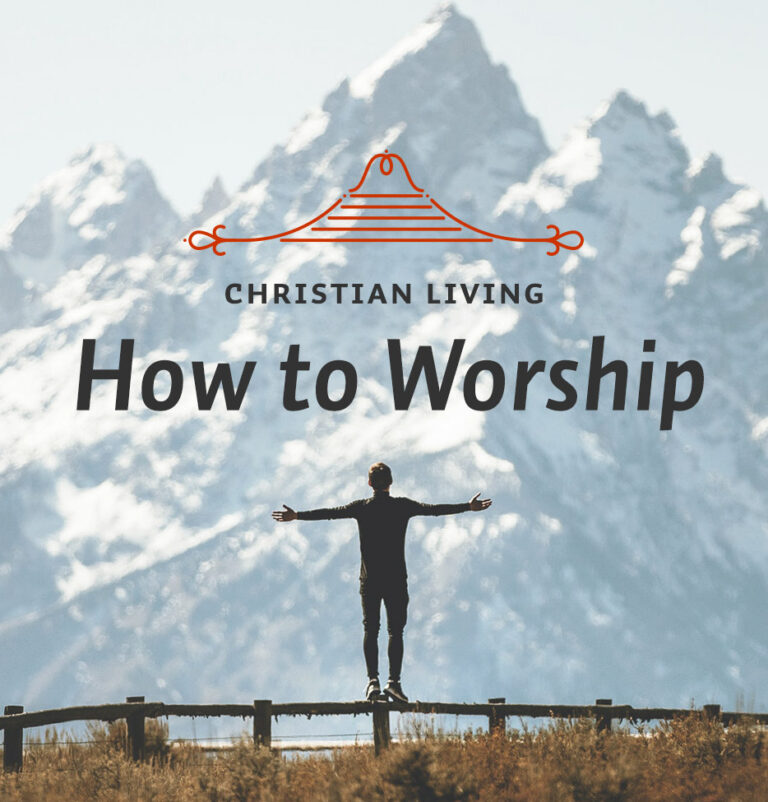
Another way of making this point about worship being essential is to note that there are three great “musts” in John’s gospel. The first occurs in chapter 3, verse 7, where Jesus said, “Ye must be born again.” The second is in verse 14 of the same chapter. “Even so must the Son of Man be lifted up.” The verses we are studying give us the third “must,” for they say that all who worship God “must worship him in spirit and in truth.” In other words these three doctrines–the necessity for the new birth, the necessity of Christ’s death, and the necessity of true worship–belong together.

In addition, however, we must not confuse worship with feeling, for worship does not originate with the soul either, any more than it originates with the body. The soul is the seat of our emotions. It may be the case, and often is, that the emotions are stirred in real worship. At times tears fill the eyes or joy floods the heart. But unfortunately, it is possible for these things to happen without worship being present. It is possible to be moved by a song or by oratory, and yet not come to a genuine awareness of God and a fuller praise of His ways and nature. True worship occurs only when man’s spirit, that part of him which is akin to the divine nature (for God is spirit), actually meets with God, praising Him for His love, wisdom, beauty, truth, holiness, compassion, mercy, grace, power, and all His other attributes.
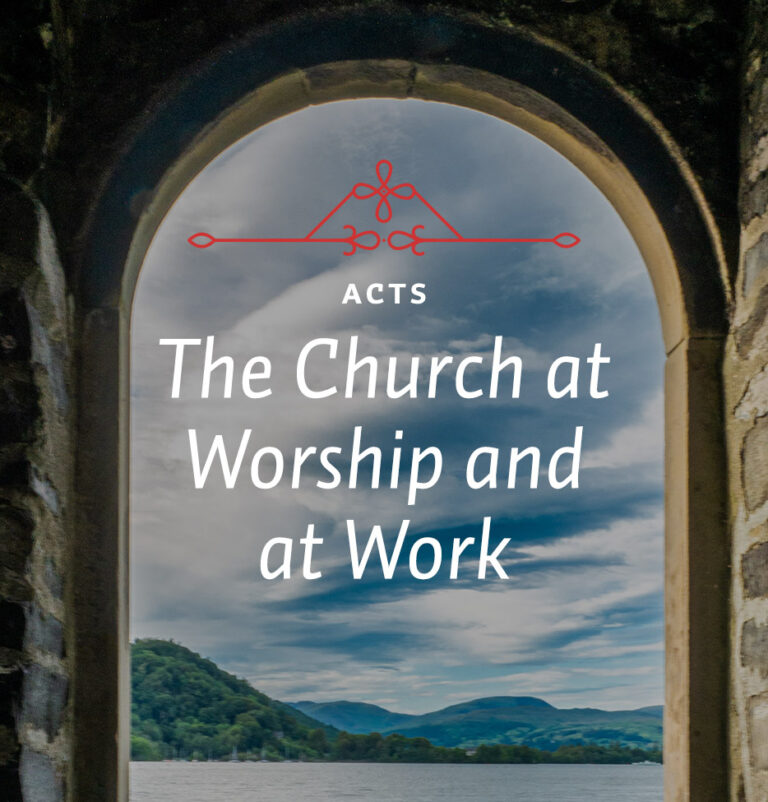
Do you enjoy getting missionary letters? In this age of voluminous and many times worthless communications, I suppose there are Christians who get missionary letters and simply throw them away, the way they throw away many worthless advertisements. But for my part, I enjoy missionary letters. I enjoy them because, by reading them, I feel that a window has been opened for me into Christian work in some other portion of the world, and I am interested in that. I am encouraged to learn what God is doing there.

When God’s people worship God, they always do two things: 1) they pray, and 2) they reflect on the Scriptures. Prayer is our talking to God; the Scriptures are God’s talking to us, and the two always go together. You pray in a right way when you pray scripturally. You study the Scriptures in a right way when you study prayerfully. This is what the church was doing. They had been reflecting on the Scriptures. Now, as they began to pray, the Scriptures, as it were, rose up in them, and they found themselves talking to God in God’s own words, the words of Scripture.

The minds of these early Christians were being scripturally transformed, because, although in a certain sense, being devout Jews, they already knew the Scriptures, before this they had not understood them. They had read the Old Testament. They had heard it in the synagogues. I am sure they had even memorized important passages. But they did not really understand them. It was only after Jesus died and had risen again and the Holy Spirit had come, that their eyes were opened and they saw the Old Testament in its true light.

The verses that came to the minds of the Christians in this important worship service were from Psalm 2. Psalm 2 is a great Messianic psalm, but this is the first time its words have appeared in Acts. The psalm is a record of human rebellion against God and God’s response to it, but it is the verses dealing with the rebellion itself that they cite: “Why do the nations rage and the peoples plot in vain? The kings of the earth take their stand and the rulers gather together against the Lord and against his anointed One” (Acts 4:25-26).

We come then to the second half of this last section of Acts 4, and here we see a vignette reflecting on the life and work of the church in those days. It was a bit like living in Eden. True, the church was composed of sinful people. We are going to see a pair of them in the very next chapter. But still it was a glorious time. We are told three things about them.
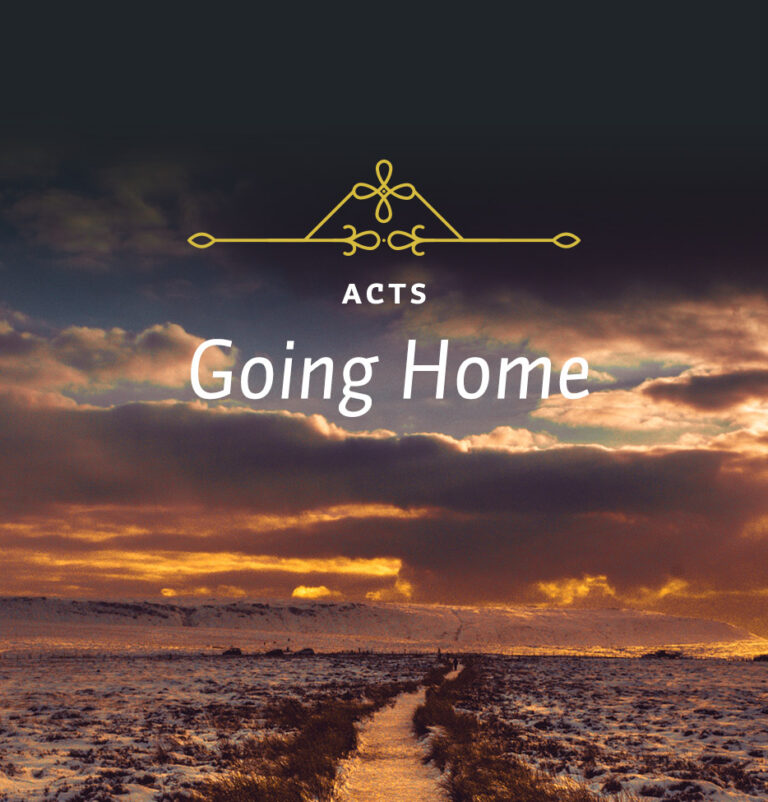
The first verses of Acts 20 give details of Paul’s final tour of the mission field. They tell how he went back to the churches of Macedonia and Greece, no doubt strengthening them, teaching them, dealing with problems, training their leadership, and establishing them so that they might prosper when he was no longer able to come to them.

Luke begins chapter 20 by telling us that Paul left Ephesus and went to Macedonia. He does not give much detail. But when we read what Paul has written in his letters, we find that this was a period of great agony on Paul’s part. His chief concern at this time was the situation in the church at Corinth.

We are told at this point about a team of church workers that joined Paul to go together with him to Jerusalem. It was an impressive group of people: Sopater from Berea; Aristarchus and Secundus from Thessalonica; Gaius from Derbe; Tychicus and Trophimus from Asia; and Timothy.

Before Luke describes the departure of this group for Jerusalem, he gives a glimpse into a normal day of worship of the church at Troas. Paul was delayed there seven days, probably because the winds were unfavorable or the ship was taking on cargo and couldn’t go. Whatever the reason, during those seven days the first day of the week, Sunday, rolled around, and the Christians got together. I find in the account of this day not only a glimpse into the worship of the people of this city, but also an indication of the importance of this day as well as of the elements that should generally be present in all Christian worship.

In today’s study we continue our look at a normal day of worship of the church at Troas.

Canadian Committee of The Bible Study Hour
PO Box 24087, RPO Josephine
North Bay, ON, P1B 0C7